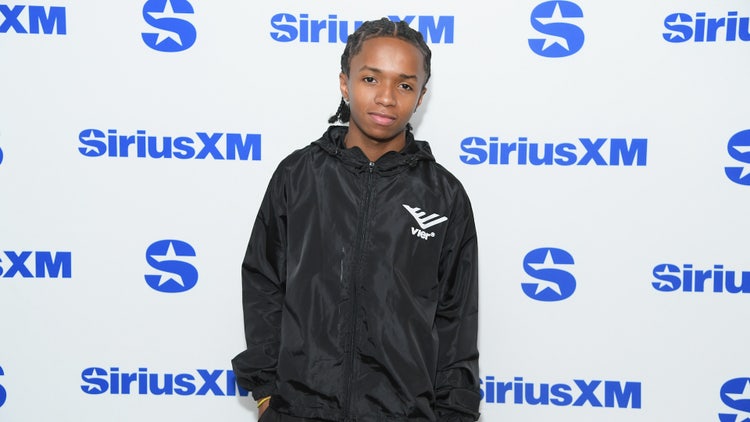Viral Flashpoint
Now, I realize, coming from me, this may sound rich, but I have to say this one caught my interest. AI in Rap lyric writing moved from studio whisper to public brawl when BabyChiefDoIt admitted using ChatGPT for inspiration. The rising Chicago drill teenager, fresh off an XXL Freshman nod, saw a clipped Power 105.1 soundbite ignite a firestorm. He said he experimented with prompts, not wholesale bars, but the internet heard confession, not context.
Context And Craft
Hip-hop has long wrestled with tools versus talent, from ghostwriting scares to loop libraries and reference tracks. AI in rap songwriting is the latest frontier, blurring where a line begins and a muse ends. BabyChief insists he pulls sparks, not finished verses, keeping authorship intact. That framing aligns with how producers audition drum kits or dig sample packs. The creative question becomes not if you use tech, but how you translate it into voice. Something I support, but then I would, naturally, however I agree with the sentiment
Backlash And Rebuttal
The backlash was swift and personal. Viral clips accused him of dulling rap’s soul and outsourcing authenticity. On Instagram Stories, he mocked the idea that software could replicate his feel. “If ChatGPT solved everything… why give y’all the sauce,” he wrote, underscoring a point about process over product. His team, per screenshots, urged careful language to avoid ghostwriting assumptions. Their caution nods to hip-hop’s lineage of authorial pride and the penalties for violating it.
Momentum Beyond Debate
Controversy has not slowed his rise. “WENT WEST” keeps gaining traction, its buzz cutting through the noise. A feature on Chance the Rapper’s STAR LINE places him before a broader audience primed for discovery. The timing matters, as industry heavyweights openly test AI boundaries while guarding brand integrity. Used judiciously, tools can widen palettes without diluting penmanship.
The Larger Conversation
AI in Rap, or for that matter, songwriting, surfaces a bigger truth about modern creation. Artists navigate productivity tech, audience perception, and the need to protect mythos. Transparency invites trust, but candor can be weaponized in the algorithmic square. The task is to build an unmistakable voice, so any prompt becomes raw ore, not a crutch. As with Auto-Tune’s evolution, the culture may judge results more than methods.
Where It Lands
For BabyChiefDoIt, the next singles will answer louder than screenshots. If his records hit, the discourse cools; if not, it lingers. He has a window to define his process, maintain credit, and keep the music personal. AI in songwriting could be akin to putting the genie back in the bottle and likely will persist. However, the artists who own their choices will write the rules. That, more than any tool, keeps Rap’s pulse human.




